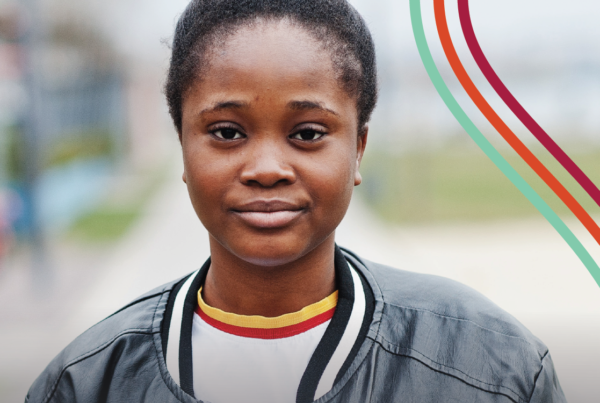Learning to read for meaning is the most important skill that children learn in primary school. If a child cannot read well, then they will not be able to do well in any subject at school; they will not be able to pass matric or get a well-paying job. Reading is the skill that all other skills depend on. In South Africa, more than 70% of children learn to read in an African language (usually their home language) in Grades 1–3 before switching to English in Grade 4 until matric. Local and international research shows that it is best if a child first learns to read in their home language and then learns to read in another language, rather than trying to learn in a language they do not speak or understand. So the most important thing is to ensure all children learn to read in their home language in Grades 1–3. New research that was published in 2017 reported on the reading outcomes of learners in a nationally representative sample of primary schools (293 schools). They assessed the reading competencies of children in whatever language their school used in Grades 1–3, i.e. they assessed all 11 South African languages. They found that 78% of Grade 4 children could not read for meaning in any language (PIRLS 2016).
DOWNLOAD PDFPopular Posts
Other Readings
- Repetition and dropout in South Africa before, during and after COVID-19 January 15, 2024
- COVID-19 and inequality in reading outcomes in South Africa: PIRLS 2016 and 2021 December 23, 2023
- What rich new education data can tell us December 22, 2023
- Early Grade Repetition in South Africa: Implications for Reading November 15, 2023
- The Impact of Agricultural Minimum Wages on Worker Flows in South Africa November 14, 2023
Related Posts
 AuthorsEducationEducation - Reports & PolicyEducation - Working PapersMartin GustafssonNews and OpinionUncategorized
AuthorsEducationEducation - Reports & PolicyEducation - Working PapersMartin GustafssonNews and OpinionUncategorized
A brief look behind the flat 2015 to 2019 TIMSS Grade 5 trend for South Africa
Ryno PageApril 13, 2024
AuthorsEducationMartin GustafssonNews and OpinionPresentations

Basic Education Lekgotla 2024: Recent South African trends and what they mean for the future
Ryno PageMarch 27, 2024
 EducationEducation - Working PapersGabrielle WillsNews and OpinionWorking Papers
EducationEducation - Working PapersGabrielle WillsNews and OpinionWorking Papers
Repetition and dropout in South Africa before, during and after COVID-19
Ryno PageJanuary 15, 2024





